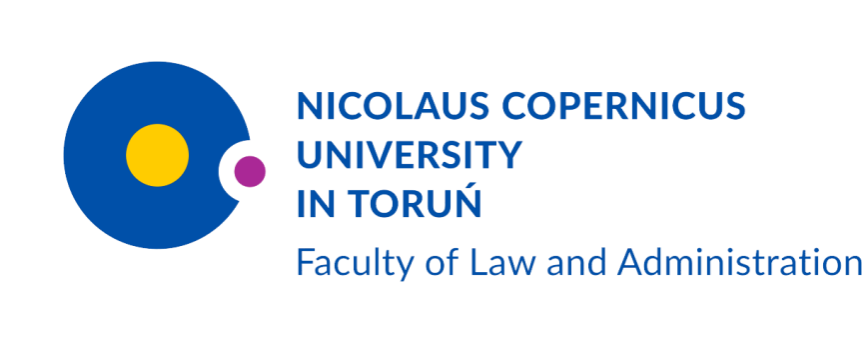
Invitation to a second lecture „Contemporary issues of human rights theory and practice. Global, regional and national perspectives”
We are pleased to announce a second guest lecture of our Lecture series „Contemporary issues of human rights theory and practice. Global, regional and national perspectives”. The Lecture series is organized in association with AHRI.
Join us for this intellectual feast on Thursday, 20 May 2021 at 17:00!
Lectures are organized on a BigBlueButton platform, in a dedicated virtual room accessible at: https://vc.umk.pl/b/jul-x4e-92m. No prior registration is required to join.
Miodrag A. Jovanović (1971) is Full Professor in Jurisprudence, Faculty of Law, University of Belgrade. He also teaches at the Legal Methods module of the European Master in Legal Theory, at the Goethe University, Frankfurt. His areas of interest are jurisprudence, philosophy of international law, legal theory of collective rights, political theory of multiculturalism, federalism and legal and political nature of the EU. He is a fellow of the Alexander von Humboldt Foundation. He was the 2016 Brandon Fellow of the Lauterpacht Centre for International Law (Cambridge). His internationally published books include: Constitutionalizing Secession in Federalized States: A Procedural Approach (Eleven International Publishing, 2007); Collective Rights – A Legal Theory (Cambridge University Press, 2012) and The Nature of International Law (Cambridge University Press, 2019). His most recently co-edited books include: (with Kenneth Einar Himma and Bojan Spaić) Unpacking Normativity – Conceptual, Normative and Descriptive Issues (Hart Publishing, 2018), and (with Tibor Varady) Human Rights in the 21st Century (Eleven Publishing International and Serbian Academy of Sciences and Arts, 2020).
Jus Cogens: A Complex Case of Constitutional Reasoning in International Law
Article 53 of the Vienna Convention on the Law of Treaties famously introduced a special class of international legal rules – jus cogens norms – without specifying its content. The paper proceeds by adopting the heuristic framework of constitutionalization of international law, arguing that jus cogens norms contribute to at least two constitutionalist functions – that of limiting the international governance and hierarchizing international legal order. Hence, it is possible to argue that jus cogens reasoning is a specific type of constitutional reasoning. Despite stipulated formal qualities of jus cogens norms, in trying to establish their content state actors are in the situation similar to constitutional adjudicators dealing with underdetermined legal content of a constitutional text. What directs the process of jus cogens reasoning is, thus, the particular nature of the subject-matter with which those norms deal. The last part of the paper provides the analytical reconstruction of the jus cogens constitutional reasoning, focusing on the process of ascertainment, which is to be taken by the community of states. It is argued that what ascertainment requires is, inter alia, resorting to a unique interpretative tool – reverse teleological argument – with the use of which the state actor can extract from the fundamental values of international legal order a class of peremptory norms of international law.

 ul. Władysława Bojarskiego 3, 87-100 Toruń
ul. Władysława Bojarskiego 3, 87-100 Toruń